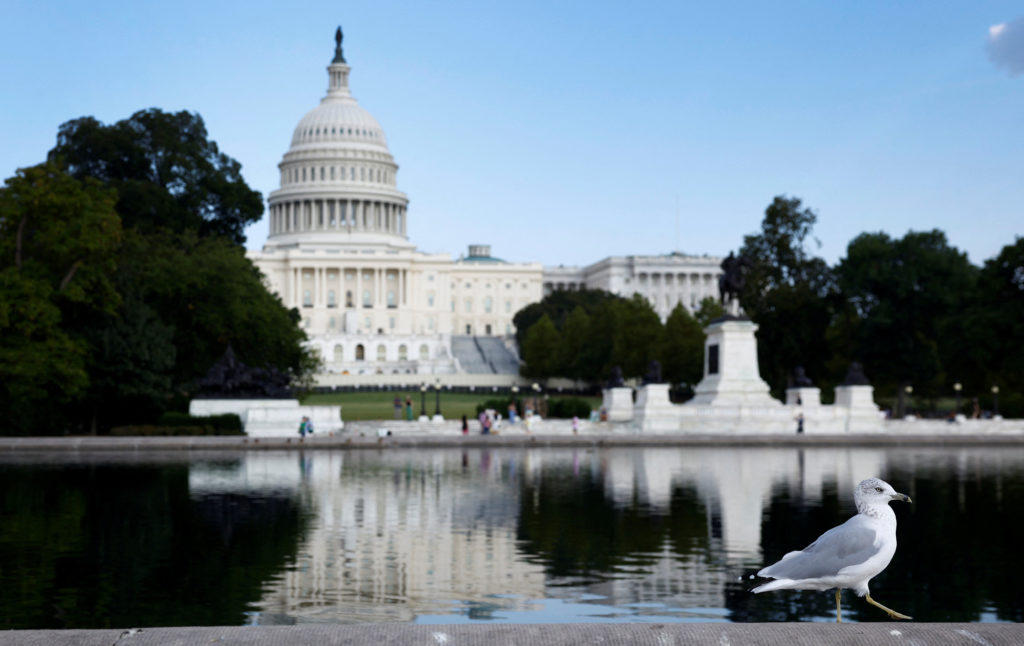with leadership agreeing to extend funding into mid-December. That gives the current Congress the ability to fashion a full-year spending bill after the Nov. 5 election, rather than push that responsibility to the next Congress and president.
Well, that’s not good. Expect a shutdown if the GOP loses the presidency.



PBS News Hour - News Source Context (Click to view Full Report)
Information for PBS News Hour:
Search topics on Ground.News
https://www.pbs.org/newshour/politics/congressional-leaders-announce-three-month-spending-deal-to-avert-government-shutdown
Media Bias Fact Check | bot support
Manufacturing Consent has this to say about PBS: